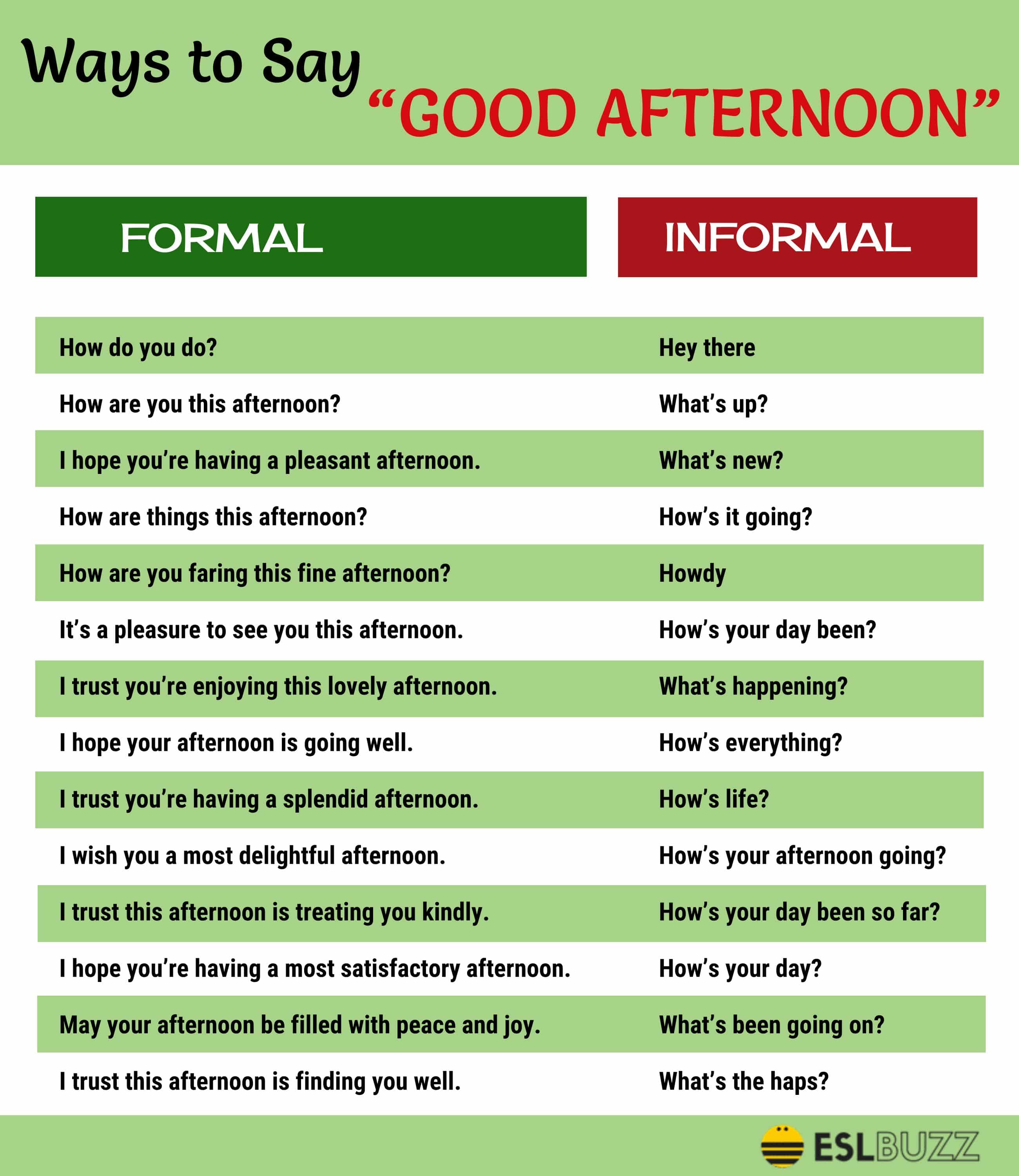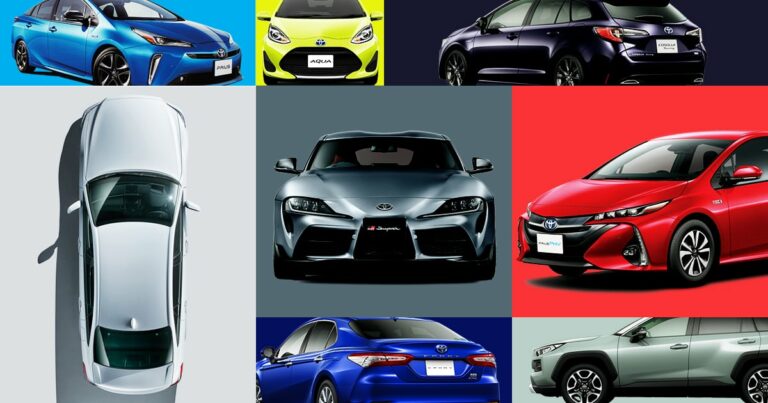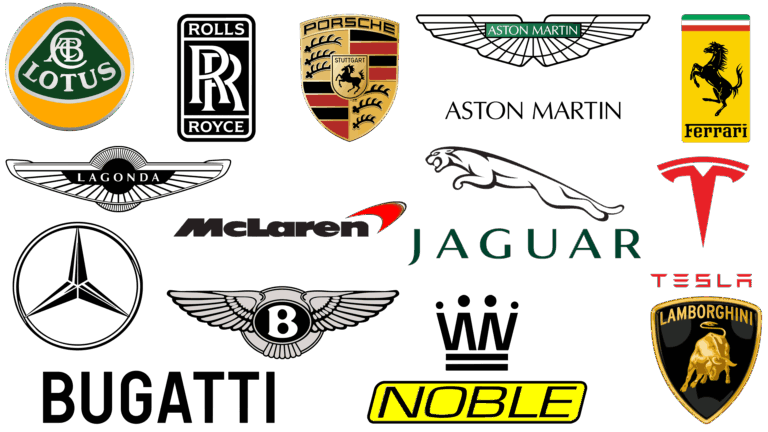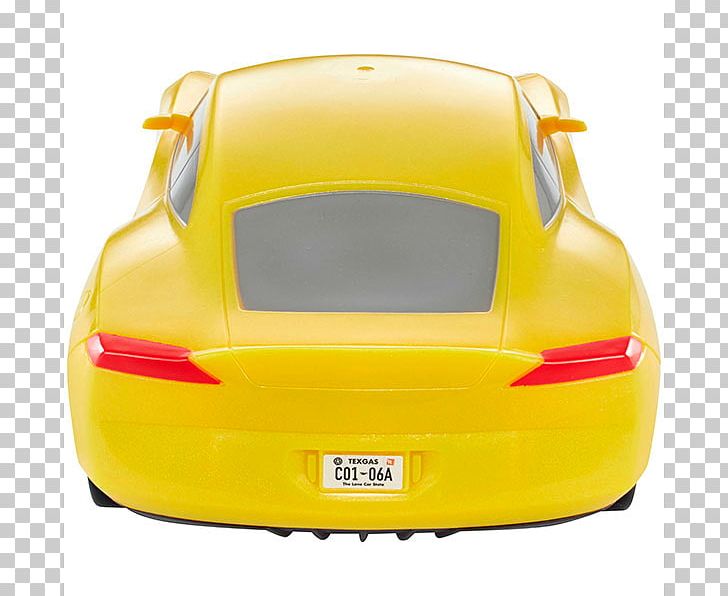Good Car Battery Brands: Your Ultimate Guide to Reliable Starts
Good Car Battery Brands: Your Ultimate Guide to Reliable Starts cars.truckstrend.com
The hum of a well-running engine is music to any driver’s ears, but that symphony begins with a single, critical component: the car battery. Often overlooked until it fails, a car battery is the silent powerhouse responsible for igniting your engine, powering your vehicle’s electrical systems, and ensuring a smooth ride. Choosing a "good" car battery brand isn’t just about avoiding the inconvenience of a dead battery; it’s about investing in reliability, longevity, and the peace of mind that comes with knowing your vehicle will start, even on the coldest mornings or after a long period of disuse.
In a market flooded with options, identifying a truly good car battery brand can be daunting. This comprehensive guide will demystify the world of automotive batteries, delve into the key players renowned for their quality, and equip you with the knowledge to make an informed decision, ensuring your vehicle remains dependable for years to come.
Good Car Battery Brands: Your Ultimate Guide to Reliable Starts
Understanding Car Batteries: Key Specifications and Types
Before diving into specific brands, it’s crucial to grasp the fundamental concepts that define a battery’s performance and suitability for your vehicle.
- CCA (Cold Cranking Amps): This is perhaps the most critical specification, especially for those in colder climates. CCA measures the battery’s ability to deliver current at 0°F (-18°C) for 30 seconds while maintaining a voltage of at least 7.2 volts. A higher CCA rating indicates better starting power in cold conditions.
- CA (Cranking Amps): Similar to CCA, but measured at 32°F (0°C). It will always be higher than the CCA rating.
- Reserve Capacity (RC): RC measures the number of minutes a battery can continuously supply 25 amperes of current at 80°F (27°C) before its voltage drops below 10.5 volts. This indicates how long your vehicle’s accessories can run if the alternator fails, or how well the battery can power your vehicle’s electronics when the engine is off.
- Battery Size/Group Number: Batteries come in various physical sizes, categorized by "group numbers" (e.g., Group 24, Group 34/78, Group 65). This number ensures the battery fits securely in your vehicle’s battery tray and that its terminals are correctly positioned. Always match your vehicle’s recommended group size.
- Voltage: Standard automotive batteries are 12-volt systems.

Types of Car Batteries:
The evolution of battery technology has given us several distinct types, each with its own advantages and ideal applications:
- Flooded/Wet Cell (SLA – Sealed Lead-Acid): These are the most common and traditional car batteries. They contain a liquid electrolyte solution (sulfuric acid and water) that covers lead plates. While affordable and reliable, they can spill if tipped and may require occasional maintenance (checking and topping up electrolyte levels in older, non-sealed models). Most modern flooded batteries are "maintenance-free" (sealed).
- AGM (Absorbed Glass Mat): A premium type of lead-acid battery where the electrolyte is absorbed into fiberglass mats between the lead plates. AGM batteries are spill-proof, highly resistant to vibration, and can withstand deeper discharge cycles without damage, making them excellent for vehicles with start-stop technology, extensive electronics, or off-road use. They recharge faster and last longer than flooded batteries but are more expensive.
- Gel Cell: Similar to AGM, gel batteries use a silica-gel paste to suspend the electrolyte. They are completely sealed and spill-proof, very resistant to vibration, and excel in deep-cycle applications. However, they are sensitive to overcharging and typically not recommended for engine starting due due to their lower peak power output compared to flooded or AGM batteries, making them less common for primary vehicle starting.
- Lithium-Ion (LiFePO4): Emerging in the automotive starter battery market, these batteries are significantly lighter, offer superior cranking power, faster charging, and a much longer lifespan. However, they are considerably more expensive and often require specialized charging systems, making them currently more common in high-performance or luxury vehicles, or as aftermarket upgrades for enthusiasts.
Top Contenders: Good Car Battery Brands
When it comes to reliability and performance, several brands consistently rise to the top. Here are some of the most reputable and widely trusted car battery brands on the market:
-
Optima Batteries:
- Reputation: Optima is synonymous with high-performance AGM batteries, known for their unique Spiralcell Technology. Their batteries offer exceptional vibration resistance and are designed for extreme conditions.
- Key Features: Available in distinct color tops: RedTop (starting battery, high cranking power), YellowTop (deep-cycle and starting, ideal for vehicles with accessories or start-stop systems), and BlueTop (marine and RV applications).
- Pros: Superior starting power, excellent vibration resistance, long lifespan, fast recharging, spill-proof.
- Cons: Higher price point than traditional flooded batteries.
- Ideal For: Performance vehicles, off-roaders, vehicles with heavy electrical loads, and those seeking ultimate reliability.
-
Interstate Batteries:
- Reputation: A household name in car batteries, Interstate has built a strong reputation for reliability, broad availability, and comprehensive warranties. They offer a wide range of battery types for various vehicles.
- Key Features: Known for their MT (Mega-Tron) and MTZ (Mega-Tron Plus) lines, offering strong CCA and RC ratings. They also offer AGM options.
- Pros: Widespread dealer network, strong warranties, dependable performance, good value.
- Cons: Can be pricier than generic alternatives, though quality justifies it.
- Ideal For: Everyday drivers seeking a reliable replacement, those who value widespread support and warranty.
-
ACDelco:
- Reputation: As the original equipment (OE) manufacturer for General Motors vehicles, ACDelco batteries are known for their reliable performance and are a trusted choice for many makes and models beyond GM.
- Key Features: Offers a comprehensive line including Professional, Advantage, and specialty batteries. Many are maintenance-free with good CCA and RC.
- Pros: OEM quality, widely available, good balance of performance and price, reliable.
- Cons: May not offer the extreme performance of specialized brands like Optima for niche applications.
- Ideal For: Owners of GM vehicles, and anyone seeking a solid, dependable battery at a competitive price.
-
DieHard (Clarios/Advanced Auto Parts):
- Reputation: With a history spanning decades, DieHard has been a leading battery brand known for its durability. While previously associated with Sears, the brand is now produced by Clarios (a major battery manufacturer) and primarily sold through Advance Auto Parts and Carquest.
- Key Features: Offers various tiers including DieHard Platinum AGM (premium performance, long life), DieHard Gold, and DieHard Silver, catering to different budgets and needs.
- Pros: Established reputation, wide range of options, strong warranties, readily available.
- Cons: Brand perception may vary slightly since the change in retail distribution.
- Ideal For: Drivers looking for a well-known brand with tiered performance options to match their budget and vehicle’s demands.
-
Exide Batteries:
- Reputation: A global leader in battery manufacturing, Exide has a long history and offers a diverse portfolio of batteries for automotive, marine, and industrial applications.
- Key Features: Produces a wide range of flooded, AGM, and Orbital (spiral cell similar to Optima) batteries, known for robust construction and performance.
- Pros: Global presence, extensive product line, reliable performance, good for various vehicle types.
- Cons: Availability might be more regional in some areas compared to brands like Interstate.
- Ideal For: Consumers seeking a trusted global brand with a wide selection of battery technologies.
-
Bosch Batteries:
- Reputation: Renowned for German engineering and quality across various automotive components, Bosch batteries uphold this standard. They are known for their reliability and advanced technology.
- Key Features: Offers S3, S4, S5, and S6 AGM lines, with increasing performance and lifespan. Designed for modern vehicles with complex electrical systems.
- Pros: High-quality construction, excellent performance, particularly good for European vehicles, reliable.
- Cons: Can be on the higher end of the price spectrum.
- Ideal For: Drivers who prioritize European engineering, especially for German vehicles, and those looking for a premium, long-lasting battery.
Factors to Consider When Choosing a Battery
Selecting the right battery goes beyond just picking a good brand. Consider these factors:
- Vehicle Manufacturer’s Specifications: Always consult your vehicle’s owner’s manual for the recommended battery group size, CCA, and RC ratings. Deviating too much can lead to fitment issues or inadequate power.
- Climate: If you live in a cold climate, prioritize a battery with a higher CCA rating to ensure reliable starting.
- Driving Habits: Frequent short trips can prevent your battery from fully charging, leading to premature wear. Consider an AGM battery if this is your routine, as they handle partial states of charge better.
- Accessories: If your vehicle has numerous aftermarket electronics (e.g., high-power audio systems, additional lighting, dash cams), an AGM battery with a higher RC will better support these demands.
- Budget: While a good battery is an investment, balance the cost with the expected lifespan and performance. Sometimes, paying a bit more upfront saves money and hassle in the long run.
- Warranty: Look for a battery with a strong warranty, including both free replacement and pro-rata periods.
- Date Code: Check the manufacturing date code (usually a letter and a number, e.g., A/1 for January 2021). A fresher battery (within 6 months of manufacture) is always preferable.
Maintenance Tips for Extending Battery Life
Even the best battery brands benefit from proper care. Following these tips can significantly extend your battery’s lifespan:
- Keep Terminals Clean: Regularly inspect and clean battery terminals to prevent corrosion, which impedes current flow. Use a wire brush and a mixture of baking soda and water, then rinse and apply anti-corrosion grease.
- Check Electrolyte Levels (if applicable): For non-sealed flooded batteries, ensure the electrolyte levels are above the plates. Top up with distilled water only. Most modern batteries are sealed and "maintenance-free."
- Use a Battery Tender/Maintainer: If your vehicle is stored for extended periods or driven infrequently, a smart battery tender can prevent deep discharge and sulfation, keeping the battery optimally charged.
- Avoid Short Trips: Short drives don’t allow the alternator enough time to fully recharge the battery, especially after a cold start. If this is common, take longer drives periodically.
- Test Battery Health Periodically: Most auto parts stores offer free battery testing. This can help identify a weakening battery before it leaves you stranded.
- Ensure Proper Charging System: A faulty alternator or voltage regulator can either undercharge or overcharge your battery, shortening its life. Have your charging system checked if you suspect issues.
How to Replace Your Car Battery (Brief Guide)
While professional installation is always an option, replacing a car battery is a manageable DIY task for many.
- Gather Tools: Wrench (usually 10mm or 13mm), battery terminal cleaner, wire brush, battery terminal puller (optional), anti-corrosion spray, gloves, and eye protection.
- Safety First: Ensure the engine is off and the parking brake is engaged. Wear gloves and eye protection. Avoid touching the battery terminals with metal objects.
- Locate Battery: Typically under the hood, but sometimes in the trunk or under a seat.
- Disconnect Negative Terminal: Always disconnect the negative (-) terminal first (usually marked with a minus sign and a black cable). Loosen the nut with your wrench and remove the cable.
- Disconnect Positive Terminal: Next, disconnect the positive (+) terminal (usually marked with a plus sign and a red cable).
- Remove Hold-Down: Unfasten the battery hold-down clamp or strap.
- Remove Old Battery: Carefully lift the old battery out. Batteries are heavy!
- Clean Tray & Cables: Clean the battery tray and the cable terminals thoroughly before installing the new battery.
- Place New Battery: Carefully set the new battery into the tray, ensuring it’s oriented correctly.
- Secure Hold-Down: Fasten the hold-down clamp securely.
- Connect Positive Terminal: Connect the positive (+) cable first, tighten the nut.
- Connect Negative Terminal: Connect the negative (-) cable last, tighten the nut.
- Apply Anti-Corrosion: Spray anti-corrosion solution on the terminals to prevent future buildup.
- Dispose of Old Battery: Recycle your old battery! Auto parts stores and battery retailers will accept them, often for a core charge refund.
Price Comparison of Good Car Battery Brands
Please note: Battery prices vary significantly based on vehicle make/model, group size, battery type (flooded, AGM), CCA rating, retailer, and regional promotions. The prices below are estimated ranges for common passenger vehicle applications and should be used as a general guide.
| Brand | Typical Battery Type | Estimated Price Range (USD) | Key Feature/Benefit |
|---|---|---|---|
| Optima | AGM (RedTop/YellowTop) | $200 – $350+ | Spiralcell Tech, extreme vibration resistance, high power |
| Interstate | Flooded (MT/MTZ) | $120 – $250 | Widely available, strong reputation, good warranty |
| AGM | $200 – $350+ | Premium performance, longer life | |
| ACDelco | Flooded (Professional) | $100 – $200 | OEM quality, reliable, good value |
| AGM | $180 – $300 | Enhanced performance, maintenance-free | |
| DieHard | Flooded (Gold/Silver) | $100 – $220 | Established brand, good performance tiers |
| AGM (Platinum) | $200 – $350+ | Premium power, extended lifespan | |
| Exide | Flooded | $100 – $200 | Global presence, diverse range |
| AGM | $180 – $300 | Robust construction, good for various applications | |
| Bosch | Flooded (S3/S4) | $120 – $250 | German engineering, reliable, high quality |
| AGM (S5/S6) | $200 – $350+ | Premium performance, ideal for modern vehicles |
Frequently Asked Questions (FAQ)
Q: How long do car batteries typically last?
A: On average, a car battery lasts 3 to 5 years. Factors like climate (extreme heat or cold shorten life), driving habits, and maintenance play a significant role.
Q: Can I put an AGM battery in a car that originally came with a flooded battery?
A: In most cases, yes. AGM batteries offer superior performance and longevity. However, ensure the new AGM battery matches the original battery’s group size and has at least the recommended CCA and RC. Some newer vehicles with smart charging systems may require battery registration after replacement.
Q: What are the signs of a dying car battery?
A: Common signs include slow engine cranking, dim headlights or interior lights when the engine is off, the "check engine" or "battery" light illuminating on the dashboard, a swollen or cracked battery case, and a rotten egg smell (indicating a leak or overcharging).
Q: Is a higher CCA always better?
A: While higher CCA generally means more starting power, it’s not always necessary to exceed your vehicle’s recommended CCA significantly. Too high a CCA might mean sacrificing some reserve capacity. Always match or slightly exceed your vehicle’s specific requirements.
Q: How often should I check my car battery?
A: It’s good practice to visually inspect your battery every few months for corrosion or damage. Most auto parts stores offer free battery testing annually, which is highly recommended, especially before winter.
Q: What’s the difference between a starting battery and a deep cycle battery?
A: A starting battery (like a RedTop Optima) is designed to deliver a large burst of power for a short period to crank the engine. A deep cycle battery (like a YellowTop Optima) is designed to provide a steady amount of current over a longer period and withstand repeated deep discharges without damage, making them suitable for powering accessories or in RVs and boats. Some batteries are "dual-purpose," combining aspects of both.
Conclusion
A reliable car battery is the unsung hero of your vehicle’s performance. Investing in a good car battery brand is a decision that pays dividends in convenience, safety, and long-term savings. By understanding key specifications, recognizing reputable brands like Optima, Interstate, ACDelco, DieHard, Exide, and Bosch, and adhering to simple maintenance practices, you can ensure your vehicle’s heart beats strong for years to come. Do your research, consider your vehicle’s specific needs and your driving habits, and choose a battery that offers the perfect blend of performance, durability, and peace of mind. A good battery isn’t just about starting your car; it’s about starting your day with confidence.





